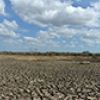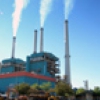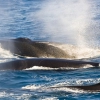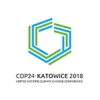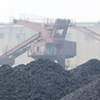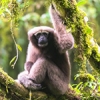Why we need to rethink these three climate metaphors
Metaphors are potent tools in political communication, and climate discourse in particular. Grappling with a constant state of information overload, we rely on these cognitive shortcuts to guide all manner of decision making, including who to vote for and which policies to support.
